Are you considering diving into the exciting world of franchising? Navigating the intricacies of a franchising agreement can be overwhelming, but it doesn't have to be! In this article, we'll break down the key components of ensuring compliance with your franchising agreements, making the process smoother and more manageable. Join us as we explore essential tips and strategies that will empower you to succeed in your franchising journey!

Brand Standards Adherence
Franchising agreements require strict adherence to brand standards, ensuring uniformity and quality across franchises such as fast-food chains or retail stores. Compliance involves following guidelines set forth in the franchise disclosure document (FDD), which outlines operational procedures, marketing strategies, and product offerings. Regular inspections, often conducted quarterly, assess adherence to visual branding elements (logos, color schemes used in signage), customer service protocols (trained staff interactions), and product quality standards (food safety regulations, sourcing ingredients). Non-compliance can lead to penalties, including potential termination of the franchise agreement under clauses specified in the contract. Maintaining brand standards is crucial for brand integrity and consumer trust across all franchise locations.
Legal Obligations and Licensing
Franchising agreements establish vital legal obligations and licensing requirements for franchisees and franchisors in various industries. Compliance with state and federal regulations is paramount, particularly in jurisdictions such as California and New York, where franchise laws govern disclosure and registration processes. Franchisees must adhere to specific operational standards set by franchisors, ensuring brand integrity and consistent customer experience across locations. Legal obligations include maintaining valid licenses for business operation, which may vary by sector, such as food service, retail, or hospitality. Failure to comply with these legal requirements can result in penalties, including fines or revocation of franchise rights, impacting both brand reputation and profitability. Regular audits and training sessions can reinforce compliance, ensuring all parties understand their responsibilities under the agreement.
Financial Reporting and Royalties
Franchising agreements often require detailed financial reporting and royalty payments to ensure compliance. Franchisees must provide quarterly financial statements, including balance sheets and income statements, to the franchisor. Royalties typically represent a percentage of gross sales, often ranging from 4% to 10% depending on the franchise system. Timely payments are essential, with deadlines commonly set for the 15th day of the month following the reporting period. Franchisees must also comply with additional requirements, such as submitting sales reports, attending training sessions, and adhering to operational standards. Failure to meet these obligations may result in penalties or potential termination of the franchise agreement. Franchisors often utilize specialized software for tracking compliance and ensuring accurate royalty calculations.
Marketing and Promotion Requirements
Franchising agreements often outline specific marketing and promotion requirements to ensure brand consistency and effectiveness across franchise locations. These requirements may include adherence to national advertising standards set by the franchisor, such as utilizing approved marketing materials, participating in collective advertising funds, and following brand guidelines, such as logo usage and color schemes. Franchisees are typically required to submit a marketing plan that aligns with the franchisor's goals and includes local promotional strategies for community engagement. Additionally, performance metrics for evaluating the effectiveness of marketing campaigns, such as sales growth percentages and customer feedback, are essential for ongoing compliance. Regular review meetings at designated intervals, such as quarterly or annually, are often mandated to assess marketing efforts and discuss potential adjustments. Compliance helps ensure that all franchise locations maintain a cohesive brand presence, ultimately supporting overall brand reputation and market growth.
Operational Procedures Compliance
Franchising agreements establish the framework for operational procedures compliance, ensuring uniformity across franchise locations. Adhering to these procedural guidelines maximizes efficiency and quality control. Operational manuals outline specific practices for essential functions such as marketing strategies, employee training, and customer service benchmarks. Compliance with health and safety regulations is crucial, particularly in industries like food service, where establishments must meet local health codes to avoid penalties. Regular audits, typically conducted quarterly, assess franchisee adherence, with corrective actions employed as necessary to maintain standards. Successful compliance fosters a cohesive brand image and enhances customer satisfaction, ultimately driving franchise success across diverse geographic areas.

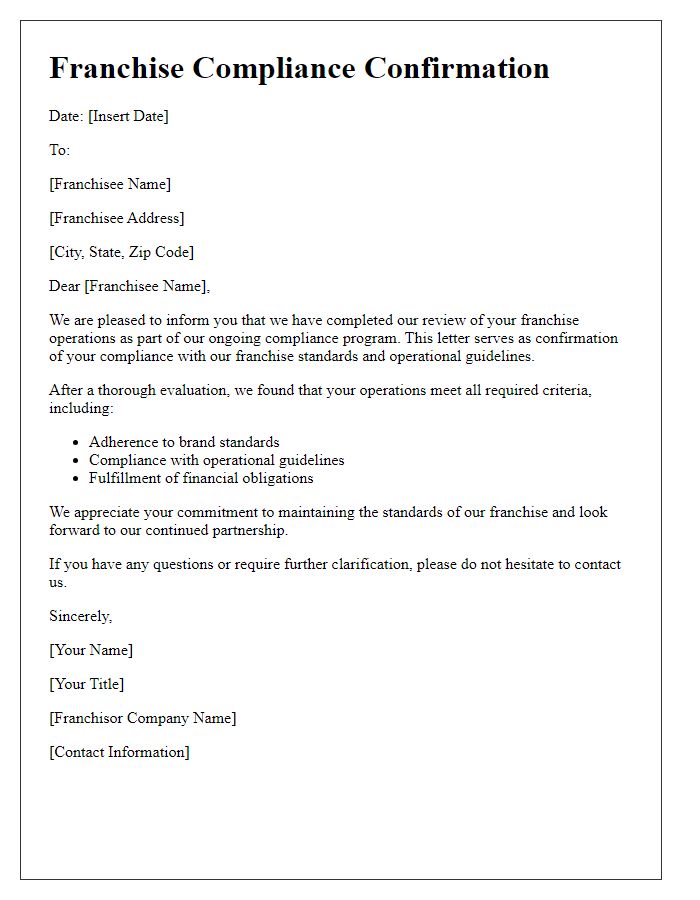
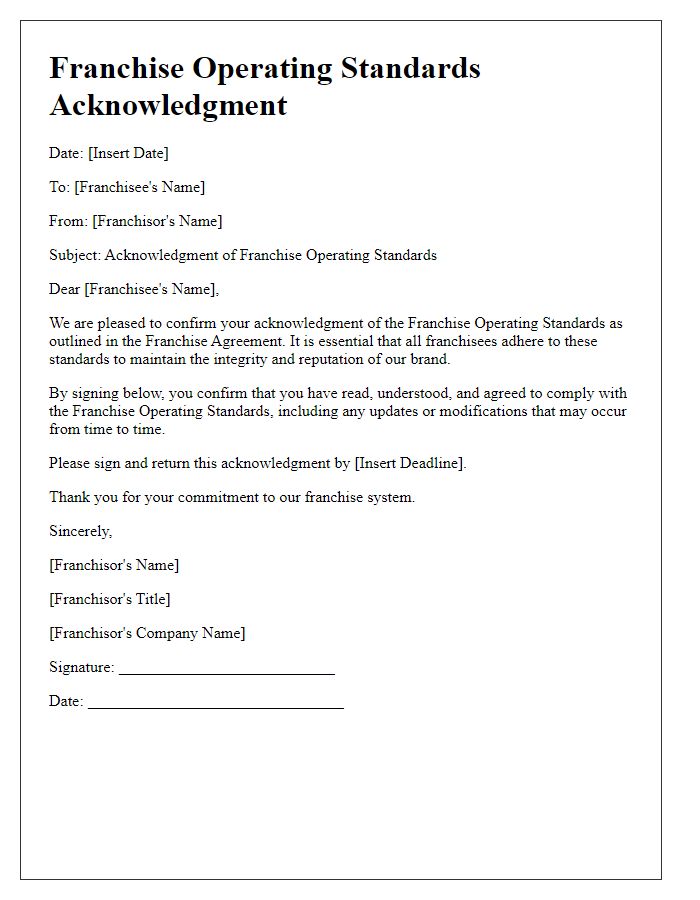
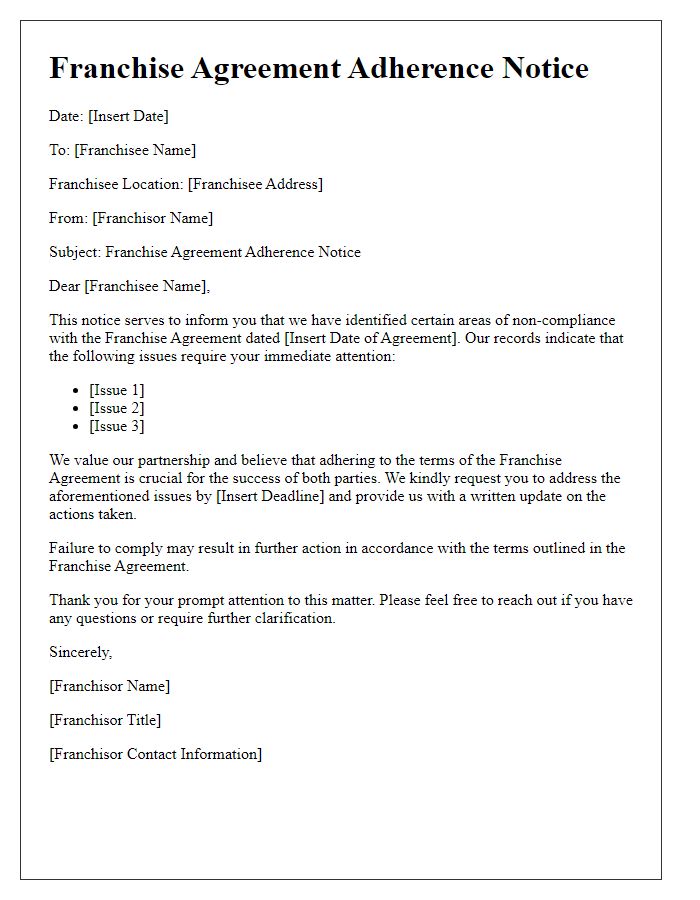
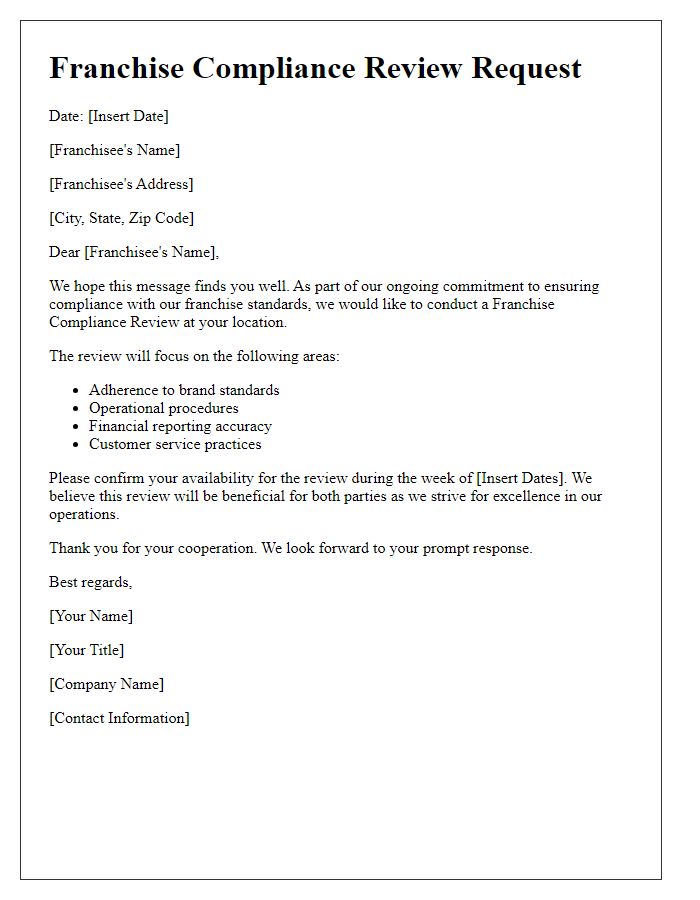
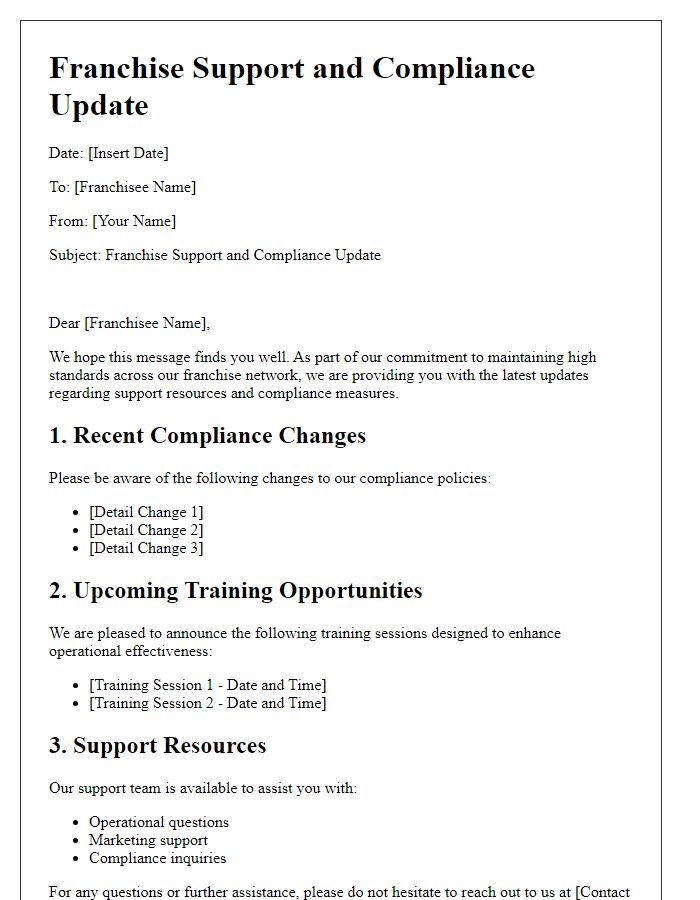
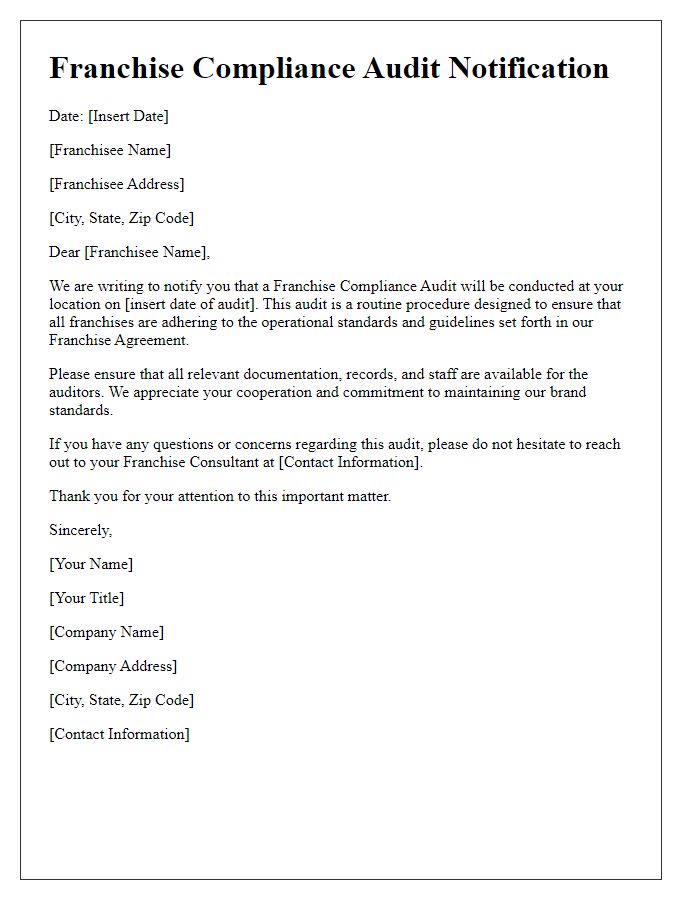
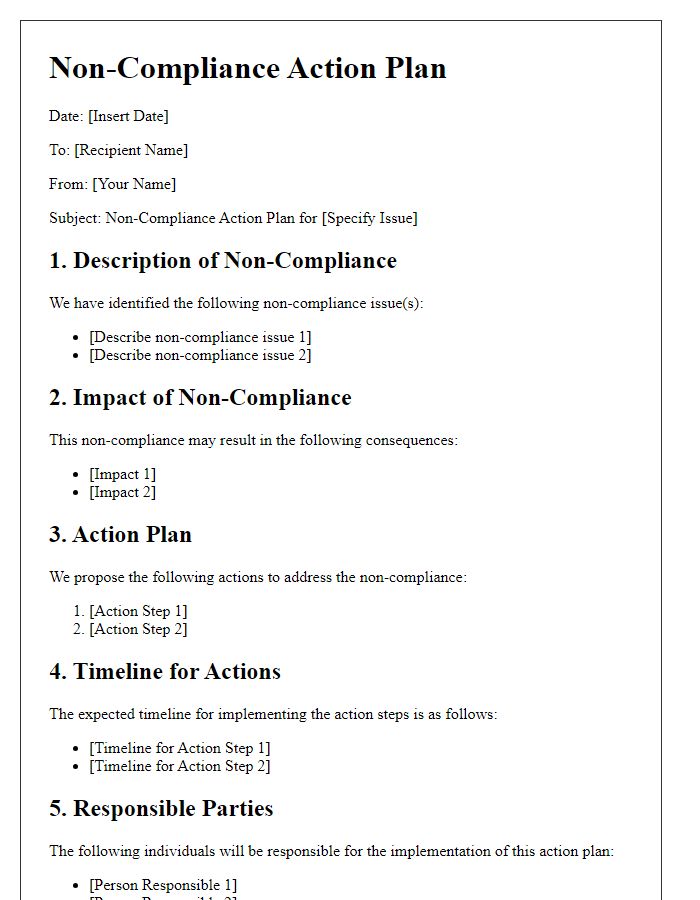
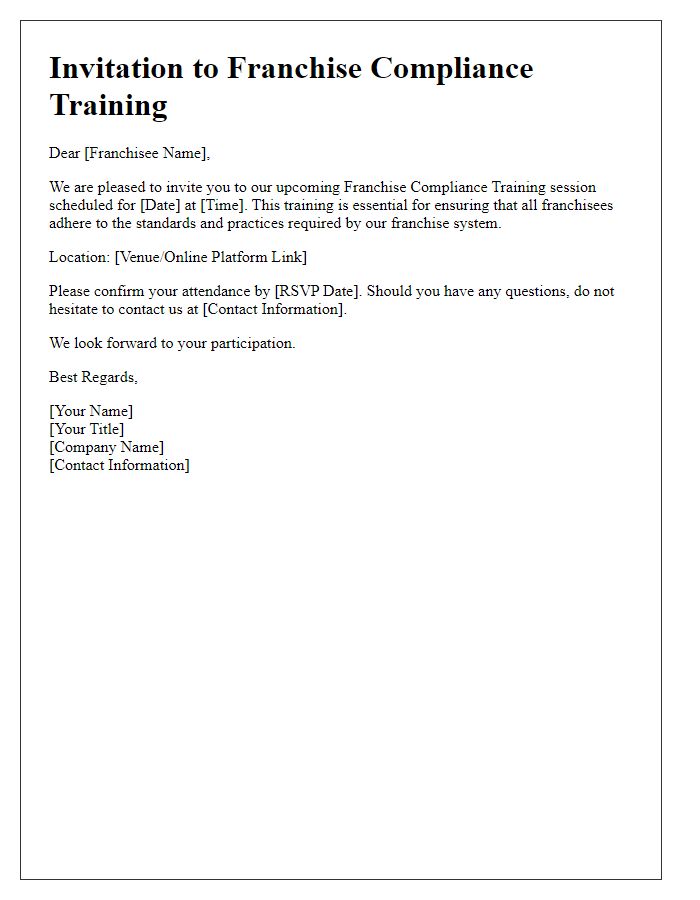
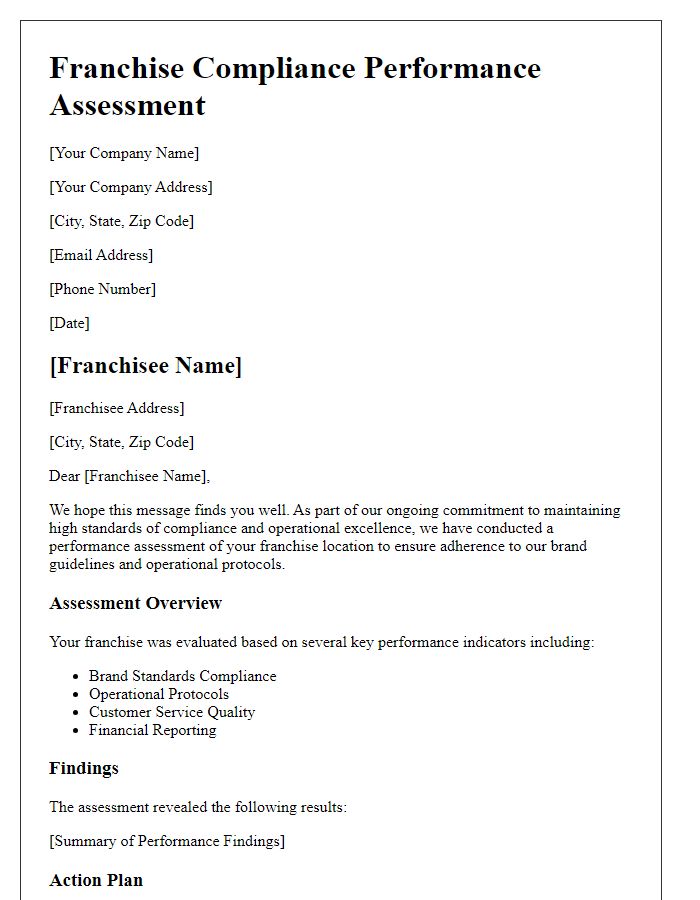
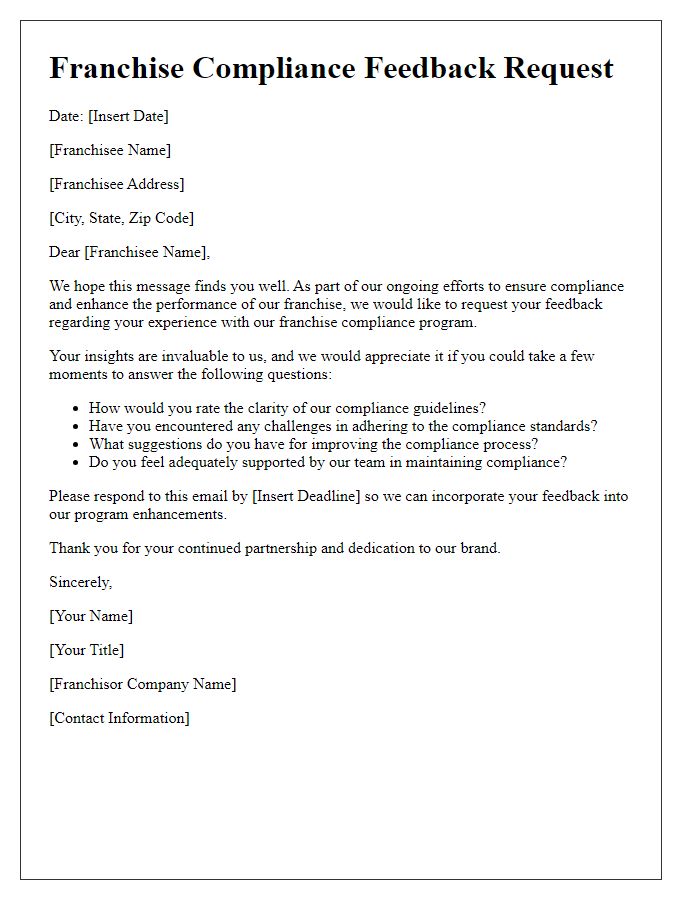


Comments